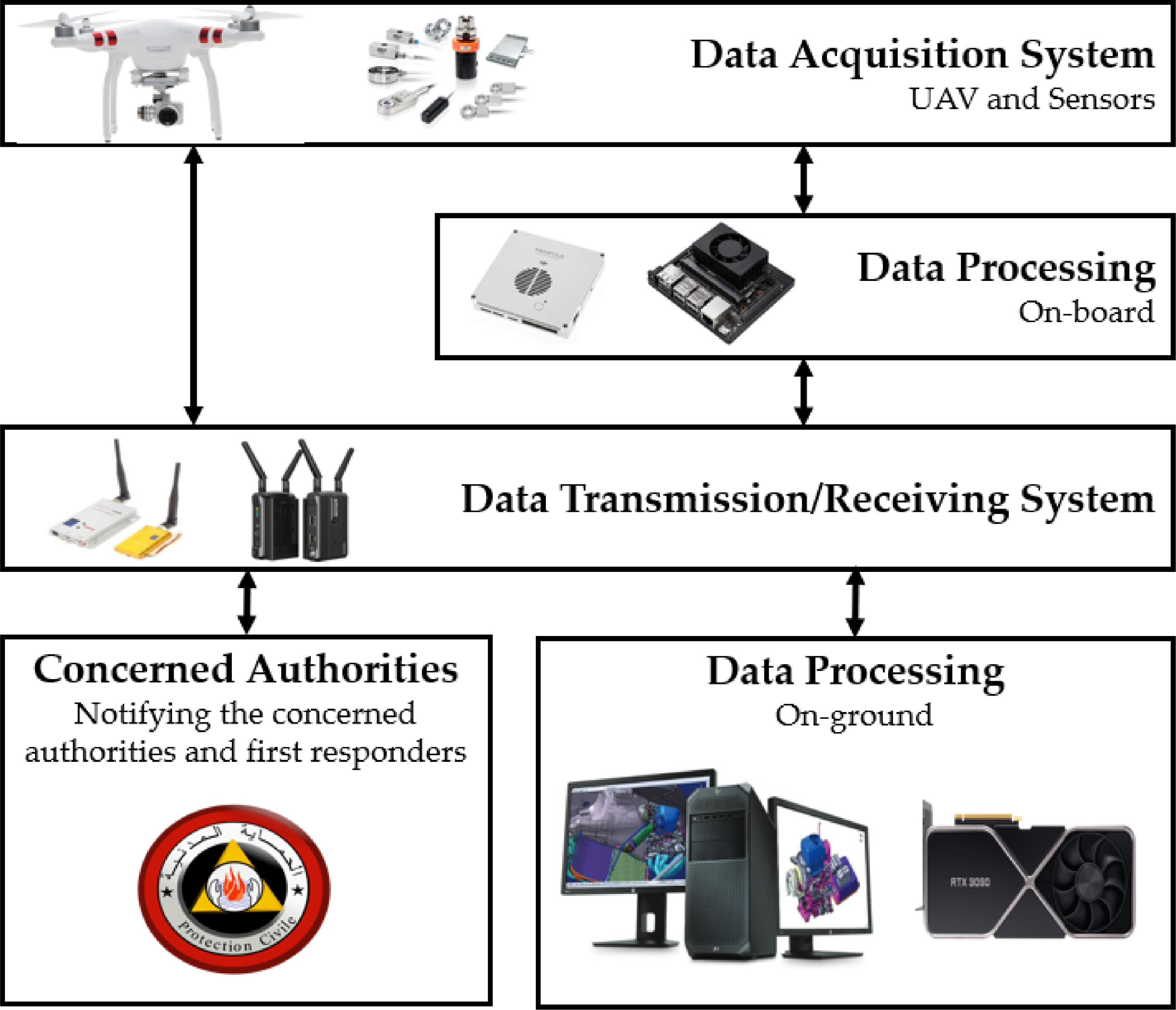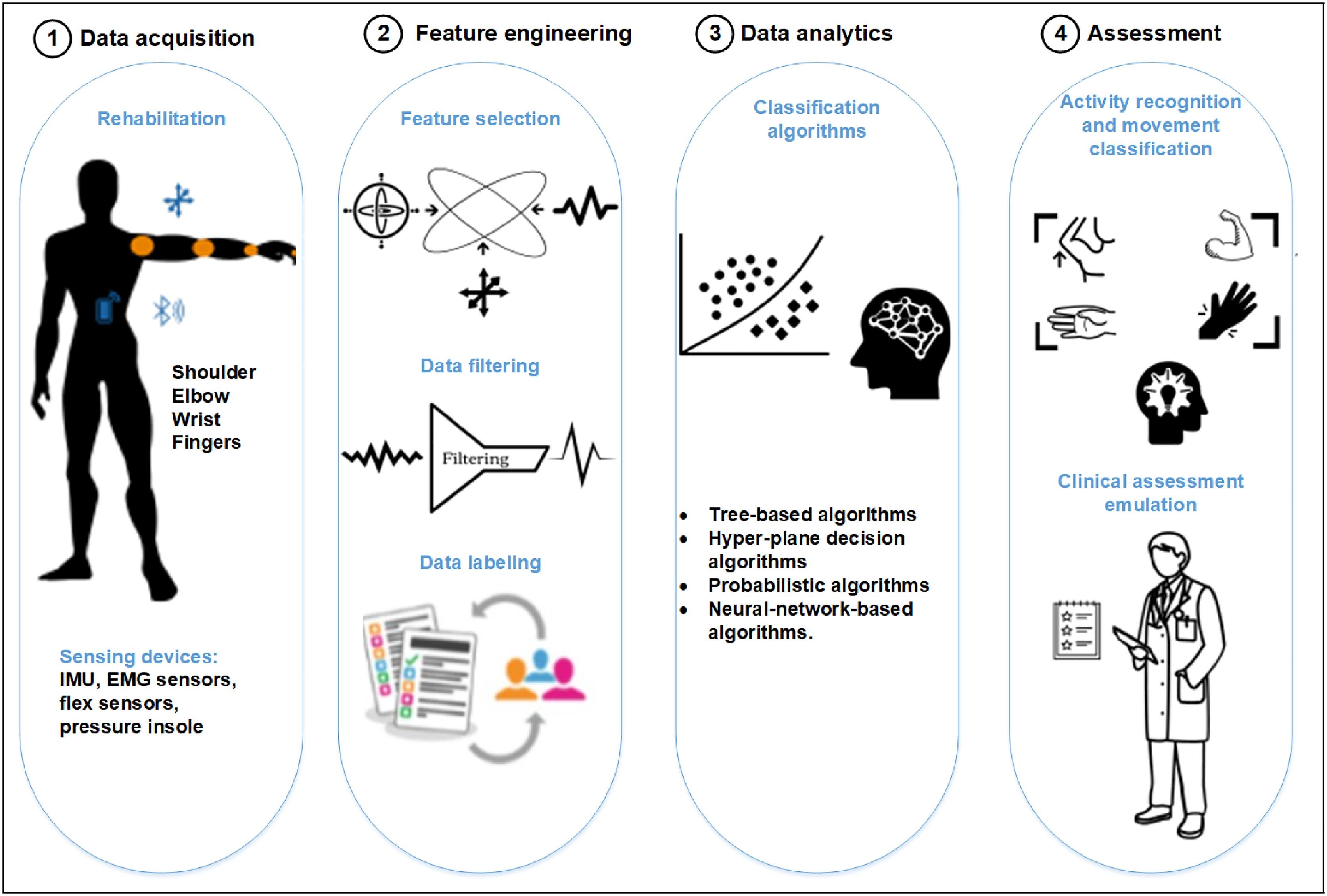Signal Processing, Volume 190, January 2022
Wildfire is one of the most critical natural disasters that threaten wildlands and forest resources. Traditional firefighting systems, which are based on ground crew inspection, have several limits and can expose firefighters’ lives to danger. Thus, remote sensing technologies have become one of the most demanded strategies to fight against wildfires, especially UAV-based remote sensing technologies. They have been adopted to detect forest fires at their early stages, before becoming uncontrollable.
The Lancet, Volume 399, 22 January 2022




